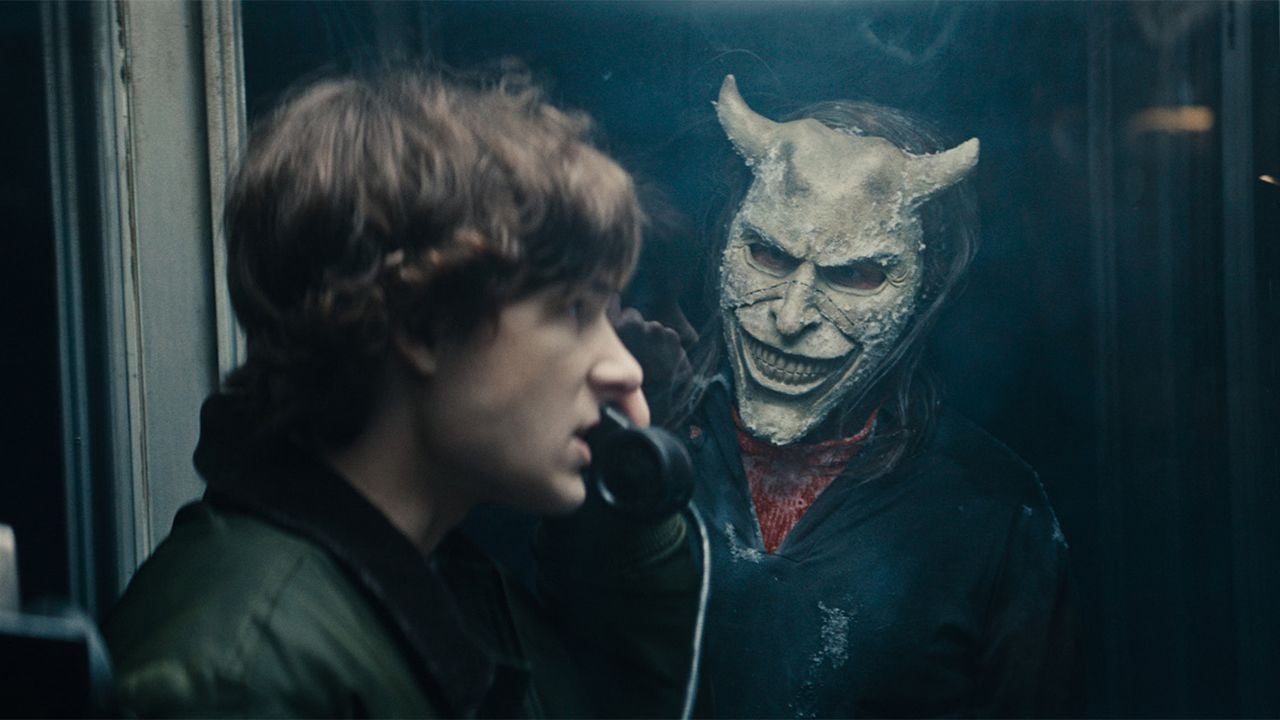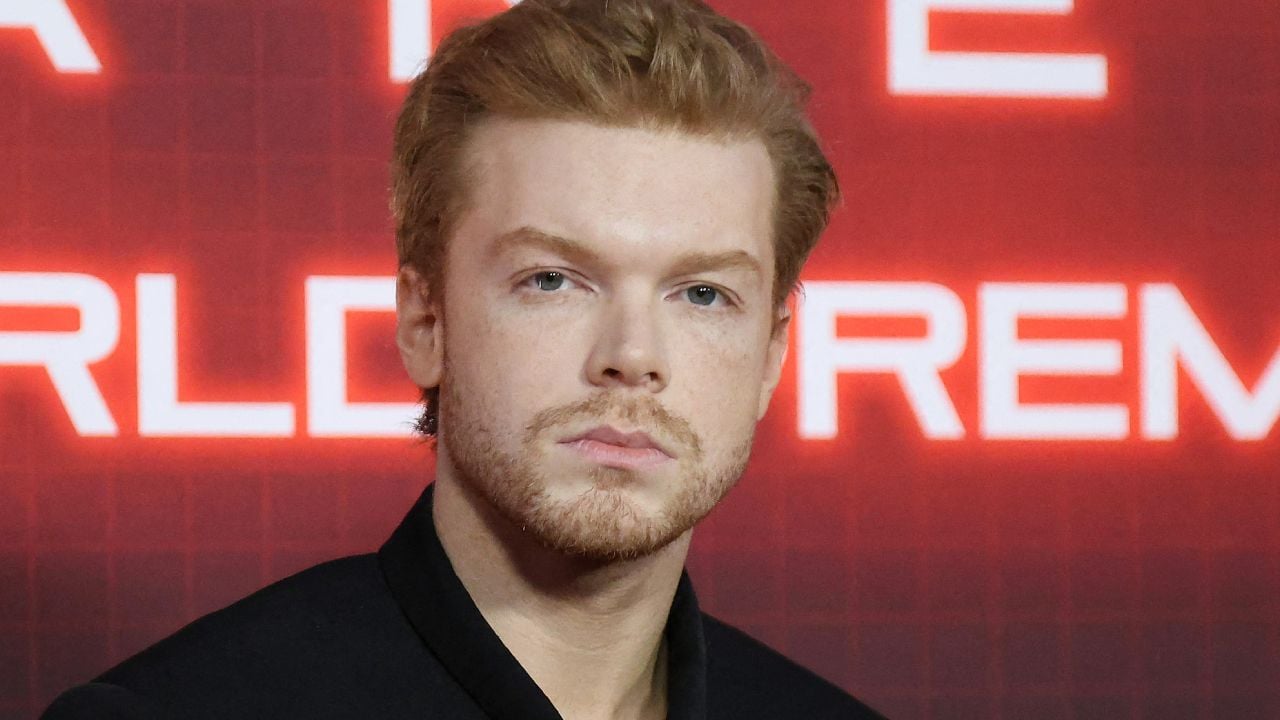Woody Allen is one of the most prolific directors in the history of cinema. Over the course of his career, which spans more than fifty years, he has written, directed and starred in a wide range of films that tackle themes such as the complexity of relationships, urban life and existentialism with his signature touch of humor and of humor. sarcasm. The combination of fast, deep dialogue with elegant direction has made Woody Allen an inseparable name in art and entertainment cinema.
We have put together the 10 best Woody Allen films, according to critics. The selection was made based on the critical reception and lasting impact of these works on cinema. Whether exploring the emotional dilemmas of complicated marriages or delving into historical fantasy, Allen’s films continue to provoke discussion and wonder. Discover the titles that best represent the director’s genius.
It is worth mentioning that the list was compiled using aggregators such as iMDBwhich use reviews from industry experts, which doesn’t necessarily mean one film is actually better than the other and can also be subjective for each viewer.
The 10 best Woody Allen films
Husbands and Wives (1992)
“Husbands and Wives” is one of Woody Allen’s most mature films, which crudely addresses the complexity of human relationships. The film follows two couples of friends who face a marital crisis, with a touch of realism unusual in Allen’s previous films. It is a work that combines drama and comedy with profound reflections on marriage, infidelity and aging.
The innovative use of the handheld camera, which gives the film a documentary feel, was a strong point upon its release, and many critics point out that this choice increased the feeling of intimacy. The sharp script and brilliant performances by Judy Davis and Sydney Pollack were praised, and the film received Oscar nominations, including Best Original Screenplay.
The Last Night of Boris Grushenko (1975)

This classic is one of Woody Allen’s most eccentric comedies, satirizing 19th century Russian novels, particularly the works of Tolstoy and Dostoevsky. “The Last Night of Boris Grushenko” tells the story of a reluctant soldier who becomes involved in the war during Napoleon’s invasion of Russia. Filled with absurd humor and clever dialogue, the film is one of the clearest examples of Allen’s surrealist humor.
Although it did not achieve the immediate commercial success of other films, “The Last Night of Boris Grushenko” has become a cult film over the years, with critics praising Allen’s ability to mix philosophy and comedy so effective.
End Point: Match Point (2005)

“Full Point: Match Point” is one of Woody Allen’s darkest films, exploring themes such as ambition, guilt and the unpredictability of life. Set in London, the film follows the social rise of a former tennis player who finds himself involved in a dangerous love triangle. Unlike the more comedic and light-hearted style that Allen was known for, “Full Point” is a psychological thriller, reminiscent of the works of Alfred Hitchcock.
Critics praised the change in tone and the moral complexity of the characters. Scarlett Johansson and Jonathan Rhys Meyers were widely praised for their performances, and the film was considered a triumphant return for Allen, earning an Oscar nomination for Best Original Screenplay.
Midnight in Paris (2011)

“Midnight in Paris” is one of Woody Allen’s most fascinating and imaginative works. The film follows Gil, a Hollywood screenwriter who, during a trip to Paris, discovers he can travel back in time to the 1920s, where he meets great literary and artistic figures such as Ernest Hemingway and Salvador Dalí.
The mix of fantasy and reality won over both audiences and critics, so much so that many consider it Allen’s best film of recent decades. “Midnight in Paris” won the Oscar for best original screenplay, highlighting the performance of Owen Wilson, who brings lightness and charisma to the title role.
Zelig (1983)

“Zelig” is an innovative mockumentary and one of Woody Allen’s most original works. The film tells the story of Leonard Zelig, a man who has the ability to change his appearance and personality to adapt to the people around him. Filmed as if it were a 1920s documentary, “Zelig” uses pioneering special effects techniques to insert Allen into historic archival footage.
Critics praised the intelligence of the concept and impressive technical execution, as well as Allen’s ability to mix humor and profound questions about identity and conformity.
The Purple Rose of Cairo (1985)

In “The Purple Rose of Cairo”, Woody Allen plays with the boundary between reality and fiction. The film tells the story of Cecilia, an unhappy woman who finds comfort in a local cinema, until one of the characters in the films she watches “jumps” from the screen into the real world. With a simple and magical premise, this film tackles themes of escape and the power of cinema.
Critics acclaimed the film for its originality and sensitivity, and it received numerous Oscar and Golden Globe nominations. The chemistry between Mia Farrow and Jeff Daniels is one of the highlights of the plot.
Crimes and Misdemeanors (1989)

“Crimes and Sins” is a deep and dark drama that mixes philosophy and moral dilemmas. The film follows two main characters: an ophthalmologist who commits a crime to keep his life intact and a documentary filmmaker who faces his own insecurities and failures. Woody Allen tackles themes of guilt, ethics, and divine justice, themes that echo throughout his career.
Critics praised the film for its thematic complexity and its perfect balance of humor and drama. Martin Landau was particularly praised for his portrayal of a man tortured by guilt.
Manhattan (1979)

Considered one of Woody Allen’s most visually beautiful films, “Manhattan” is a love letter to the city of New York. The film is a romantic comedy that explores the love life of Isaac Davis, played by Allen, a television writer who experiences complicated relationships with several women, including a teenager played by Mariel Hemingway.
The iconic use of George Gershwin’s score, combined with Gordon Willis’ black-and-white cinematography, made “Manhattan” an instant classic. The film received critical acclaim and remains one of Allen’s most influential titles.
Hannah and Her Sisters (1986)

“Hannah and Her Sisters” is one of Woody Allen’s biggest box office successes and a critically acclaimed film. The plot revolves around three sisters and their complicated relationships with their husbands and lovers. The film is structured as a series of interconnected vignettes, with a comedic tone, but also addressing serious questions about life and love.
With a stellar cast that includes Mia Farrow, Dianne Wiest and Michael Caine, the film received numerous awards, including the Academy Award for Best Actor and Best Supporting Actress for Caine and Wiest.
Neurotic Groom, Nervous Bride (1977)

Also known as “Annie Hall,” this is undoubtedly Woody Allen’s most iconic film. The story follows Alvy Singer, a neurotic comedian who reflects on his failed relationship with Annie Hall, played by Diane Keaton. The film revolutionized the romantic comedy genre by mixing humor, drama and a non-linear narrative structure.
Winner of four Oscars, including Best Picture, Best Director and Best Actress, “Neurotic Groom, Nervous Bride” is widely considered the highlight of Woody Allen’s career and one of the best films of all time.
These are Woody Allen’s best films, which not only won over critics but also shaped cinema as we know it.
The post The 10 best Woody Allen films according to critics appeared first on Olhar Digital.
Source: Olhar Digital
Rose James is a Gossipify movie and series reviewer known for her in-depth analysis and unique perspective on the latest releases. With a background in film studies, she provides engaging and informative reviews, and keeps readers up to date with industry trends and emerging talents.







